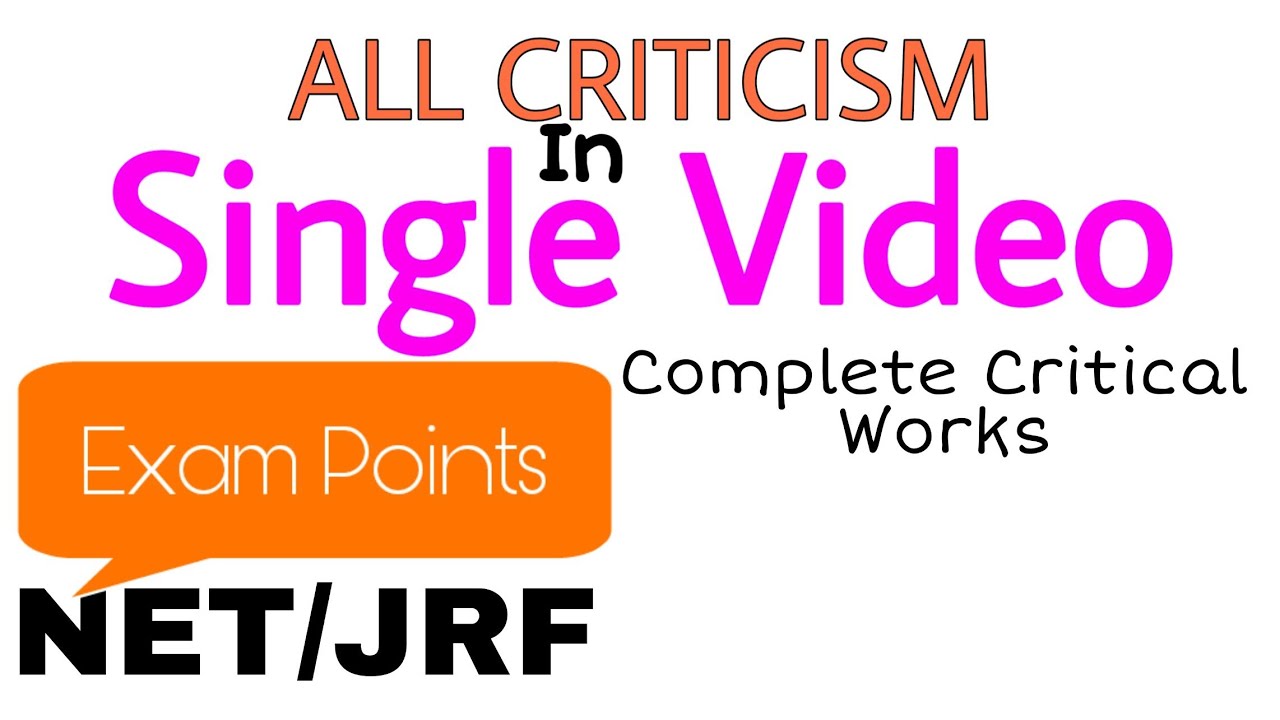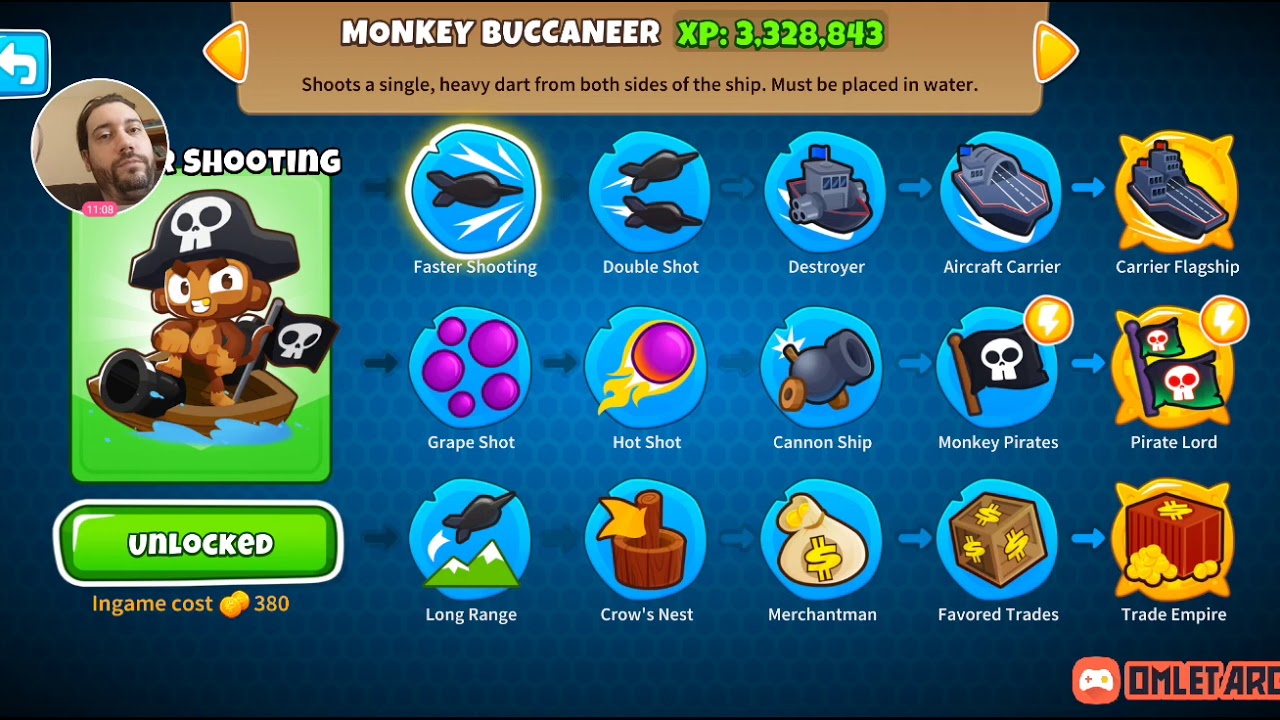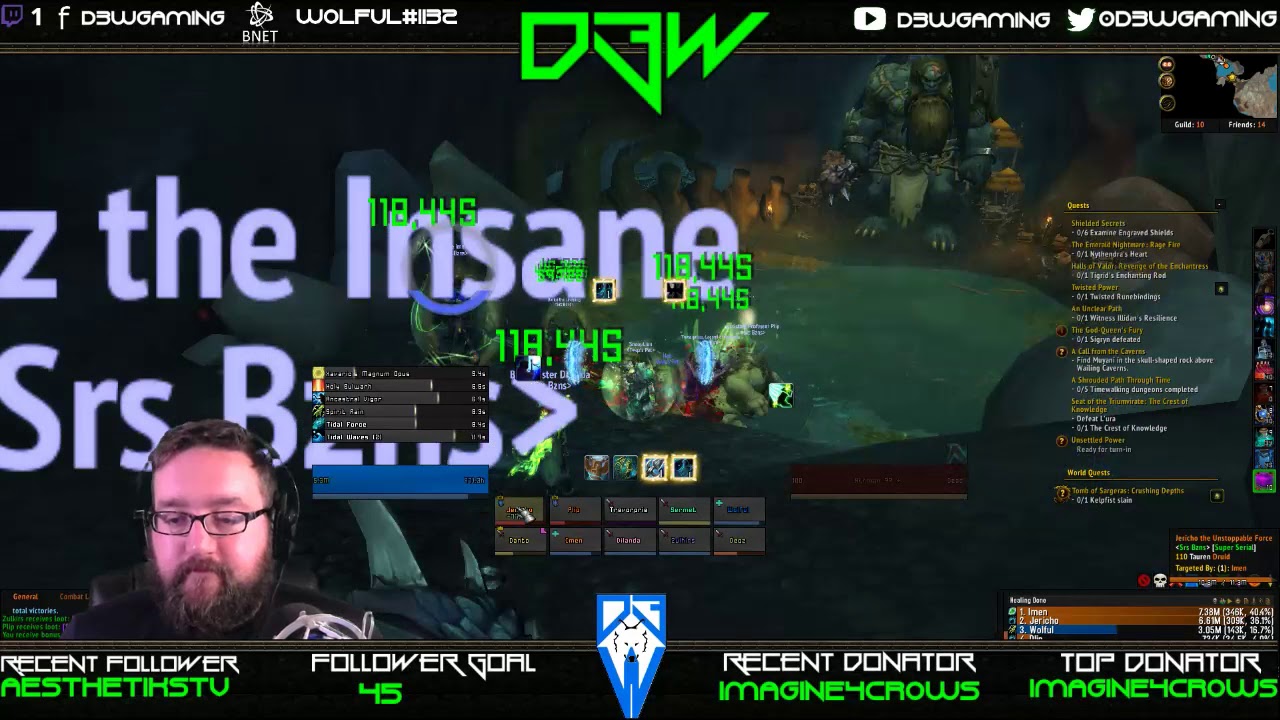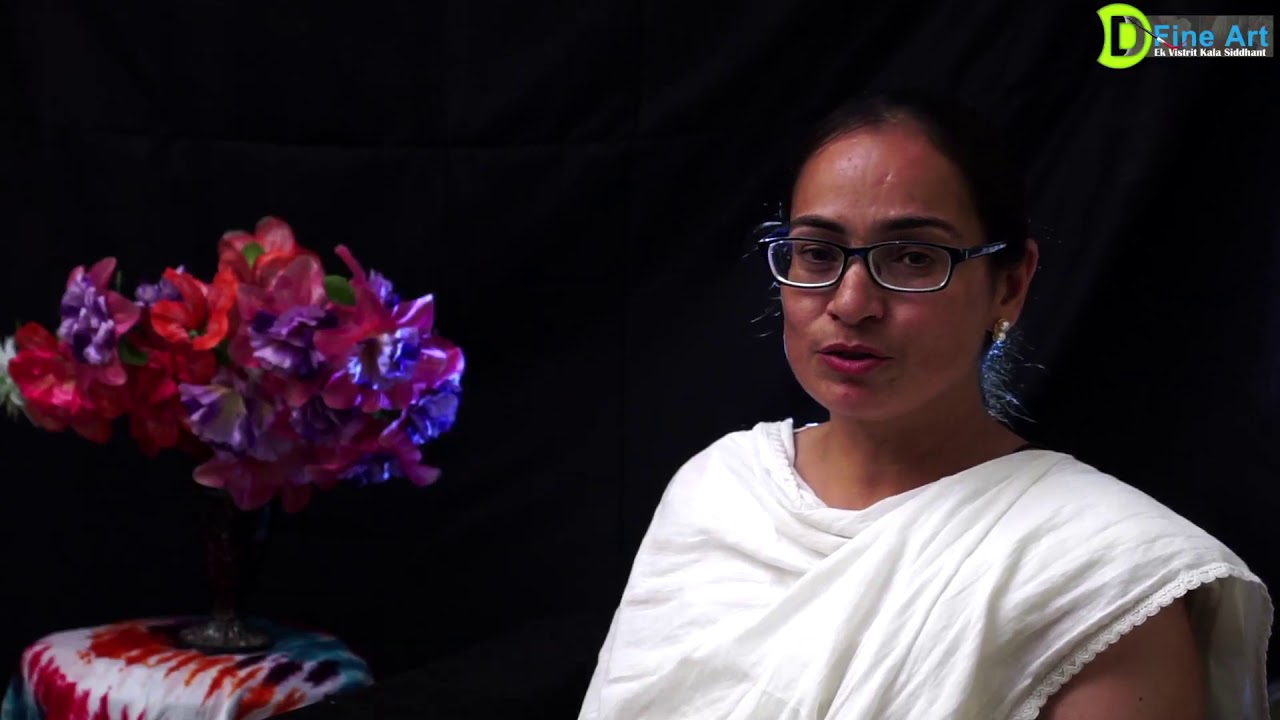Literature Lovers
https://drive.wps.com/d/AEFUX8bE3vMggc2Y3IydFA
Plato: Ion, Republic, Cratylus
Aristotle: Poetics, Rhetoric
Horace: Art of Poetry
Longinus: On the Sublime
St. Augustine: On Christian Doctrine
Boethius: The Consolation of Philosophy
Aquinas: The Nature and Domain of Sacred Doctrine
Dante: The Banquet,
Bharata Muni: Natya Shastra
Rajashekhara: Inquiry into Literature
Valmiki: The Invention of Poetry (from the Ramayana)
Anandavardhana: Light on Suggestion
Lodovico Castelvetro: The Poetics of Aristotle Translated and Explained
Philip Sidney: An Apology for Poetry
Francis Bacon: The Advancement of Learning
Pierre Corneille: Of the Three Unities of Action, Time, and Place
John Dryden: An Essay of Dramatic Poesy
Nicolas Boileau-Despréaux: The Art of Poetry
John Locke: An Essay Concerning Human Understanding
John Dennis: The Advancement and Reformation of Modern Poetry
Alexander Pope: An Essay on Criticism
Joseph Addison: On the Pleasures of the Imagination (Spectator essays)
Edmund Burke: A Philosophical Inquiry into the Origins of Our Ideas of the Sublime and the Beautiful
Samuel Johnson: On Fiction, Rasselas, Preface to Shakespeare
Joshua Reynolds: Discourses on Art
Immanuel Kant: Critique of Judgment
Mary Wollstonecraft: A Vindication of the Rights of Woman
William Blake: The Marriage of Heaven or Hell, Letter to Thomas Butts, Annotations to Reynolds’ Discourses, A Descriptive Catalogue, A Vision of the Last Judgment, On Homer’s Poetry
William Wordsworth: Preface to the Second Edition of Lyrical Ballads
Samuel Taylor Coleridge: Shakespeare’s Judgment Equal to His Genius, On the Principles of Genial Criticism, The Statesman’s Manual, Biographia Literaria
John Keats: letters to Benjamin Bailey, George & Thomas Keats, John Taylor, and Richard Woodhouse
Thomas Love Peacock: The Four Ages of Poetry
Percy Bysshe Shelley: A Defence of Poetry
Johann Wolfgang von Goethe: Conversations with Eckermann, Maxim No.279
Georg Wilhelm Friedrich Hegel: The Philosophy of Fine Art
Thomas Carlyle: Symbols
John Stuart Mill: What is Poetry?
Ralph Waldo Emerson: The Poet
Edgar Allan Poe: The Poetic Principle
Matthew Arnold: Preface to the 1853 Edition of Poems, The Function of Criticism at the Present Time, The Study of Poetry
Hippolyte Taine: History of English Literature and Language
Charles Baudelaire: The Salon of 1859
Karl Marx: The German Ideology, Contribution to the Critique of Political Economy
Søren Kierkegaard: Two Ages: A Literary Review, The Concept of Irony
Friedrich Nietzsche: The Birth of Tragedy from the Spirit of Music, Truth and Falsity in an Ultramoral Sense
Walter Pater: Studies in the History of the Renaissance
Émile Zola: The Experimental Novel
Oscar Wilde: The Decay of Lying
Stéphane Mallarmé: The Evolution of Literature, The Book: A Spiritual Mystery, Mystery in Literature
Leo Tolstoy: What is Art?
A. C. Bradley: Poetry for Poetry’s Sake, Shakespearean Tragedies
Sigmund Freud: Creative Writers and Daydreaming
Ferdinand de Saussure: Course in General Linguistics
Claude Lévi-Strauss: The Structural Study of Myth
T. E. Hulme: Romanticism and Classicism; Bergson’s Theory of Art
Walter Benjamin: On Language as Such and On the Language of Man
Viktor Shklovsky: Art as Technique
T. S. Eliot: Tradition and the Individual Talent; Hamlet and His Problems
Irving Babbitt: Romantic Melancholy
Carl Jung: On the Relation of Analytical Psychology to Poetry
Leon Trotsky: The Formalist School of Poetry and Marxism
Virginia Woolf: A Room of One’s Own
I. A. Richards: Practical Criticism
Mikhail Bakhtin: Epic and Novel: Toward a Methodology for the Study of the Novel
John Crowe Ransom: Poetry: A Note in Ontology; Criticism as Pure Speculation, Newcriticism
R. P. Blackmur: A Critic’s Job of Work
Jacques Lacan: The Mirror Stage as Formative of the Function of the I as Revealed in Psychoanalytic Experience; The Agency of the Letter in the Unconscious or Reason Since Freud
Kenneth Burke: Literature as Equipment for Living
Ernst Cassirer: Art
W. K. Wimsatt and Monroe Beardsley: The Intentional Fallacy, The Affective Fallacy
Cleanth Brooks: The Heresy of Paraphrase; Irony as a Principle of Structure
Jan Mukařovský: Standard Language and Poetic Language
Jean-Paul Sartre: Why Write?
Simone de Beauvoir: The Second Sex
Theodor Adorno: Cultural Criticism and Society; Aesthetic Theory
Roman Jakobson: The Metaphoric and Metonymic Poles
Northrop Frye: Anatomy of Criticism; The Critical Path
Martin Heidegger: The Nature of Language; Language in the Poem; Hölderlin and the Essence of Poetry
Noam Chomsky: Aspects of the Theory of Syntax
Jacques Derrida: Structure, Sign, and Play in the Discourse of the Human Sciences, Of Gramatogy,
Roland Barthes: The Structuralist Activity; The Death of the Author
Michel Foucault: Truth and Power; What Is an Author?; The Discourse on Language
Hans Robert Jauss: Literary History as a Challenge to Literary Theory
Raymond Williams: The Country and the City #ugcnetEnglishJune2020
Source
Literary Criticism Most Important Works and Their Authors in Hindi




Salute ur hard work and way of teaching 👏👌
A millians of Thanks sir for increase our confidence level….
Jitne b words kho i think km honge
I unable to describe ur teaching way ….n at last i fell proud bcz i have a teacher like u …🤗
Thank u so much sir.
NYC video
Sir, I like your teaching
Very nice 👌👌👌👌👍👍👍👍👍 👌👌☺️☺️☺️😊😊😊 sir
Sir please make videos on gender study. This literary criticicsm
Subject made interesting thank you.
You are fesilitating us very well. Criticicsm means making critic on his or her prose or poetry. Apriciation and negatives know sir
Iron age of chivalry,golden age of Shakespeare, silver age of dryden and pope and contemporary brass age of romantic poets,against utilitarianism
So useful…tnk u so much sir.
Grt effort
U r excellent sir always the way u r explain on unacademy platform just wow
👍👍👍👍👍👍👍👍👍👍👍👍👍👍👍👍👍👍👍👍👍👍👍👍👍👍👍👍👍👍👍👍👍👍👍👍👍👍👍👍👍👍👍👍👍👍👍👍👍👍👍👍👍👍👍👍👍👍👍👍👍👍👍👍👍👍👍👍👍👍👍👍👍👍👍👍👍👍👍👍👍👍👍👍👍👍👍👍👍👍👍
U r grate sir 👌
I love it
I was tense that how I will collect overall historical critism but sir you solve my problem God bless you
Overexert keep it up 👍 knowledgeable video thank you sir
I salute u sir ji
very nice class sir …u r great sir ji
THANKS SIR
Hello sir thank you sir
One thing please make videos on all terms given by critics alike this lecture
It's a complete information for the first time , I have got good idea with your lecture, Thank you sir. Please make videos on fiction ,
Very nice Sir
Waooo…osm sir hats off to ur efforts…u r soo helpful for us…thanku sir 😊😊🙏🙏🙏🙏